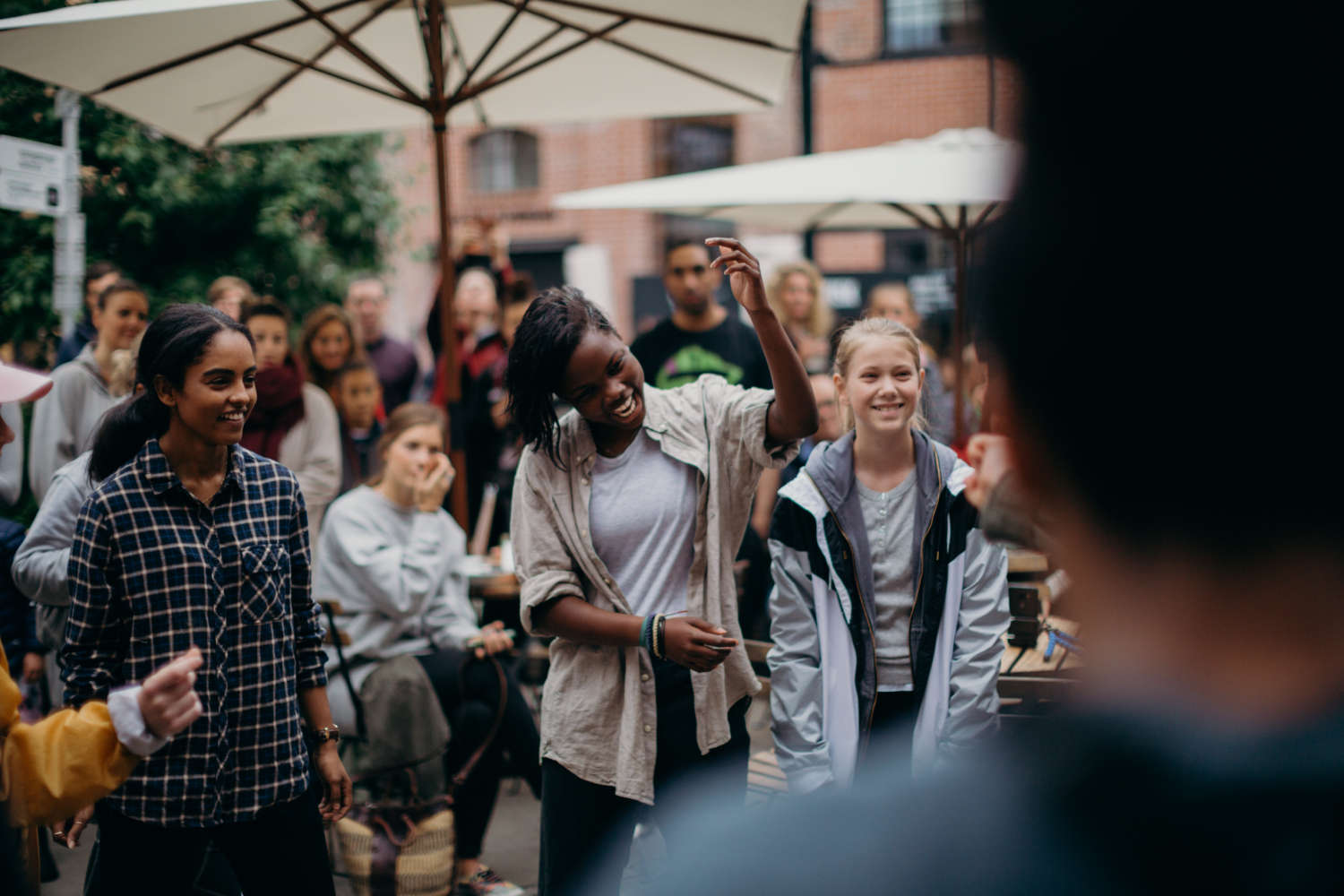This independent report commissioned by the European Commission examines the correlation between rates of citizens’ participation in cultural activities and indicators of civic engagement, democracy and social cohesion.
Here are some of the findings, in a nutshell:
- Cultural activities help build social capital, the glue that holds communities together; they help create trust, tolerance, solidarity and cohesion.
- Cultural participation influences civic and democratic attitudes and behaviours independently of a person’s socio-economic background or education level.
- Both active and more passive forms of cultural participation are positively associated with civic attitudes and outcomes. However, stronger effects are found in more active forms of cultural participation - such as dance and performing arts in general.
- In addition to strengthening democracy, cultural activities can support the delivery of a range of wider social policy objectives, in fields that include health and social care, education and social inclusion.
- There are important inequalities in cultural partici-pation in the EU, with severe consequences. Promoting democracy and social cohesion in the EU requires addressing these inequalities.
- The inclusiveness and affordability of local cultural activities and organisations is fundamental to their social, civic, and democratic value.
- The density of local cultural offer in an area and the volume of direct and indirect public funding for cultural opportunities are positively correlated with rates of cultural participation and with patterns of civic and democratic behaviours.
- Investing in citizens’ cultural participation is essential in any effort to promote civic engagement and democratic outcomes in the EU - at European, national, regional and local level.
The full publication is available here, with main findings available in all EU languages.
Photo (c) Tale Handnes - Dansens Hus Oslo

